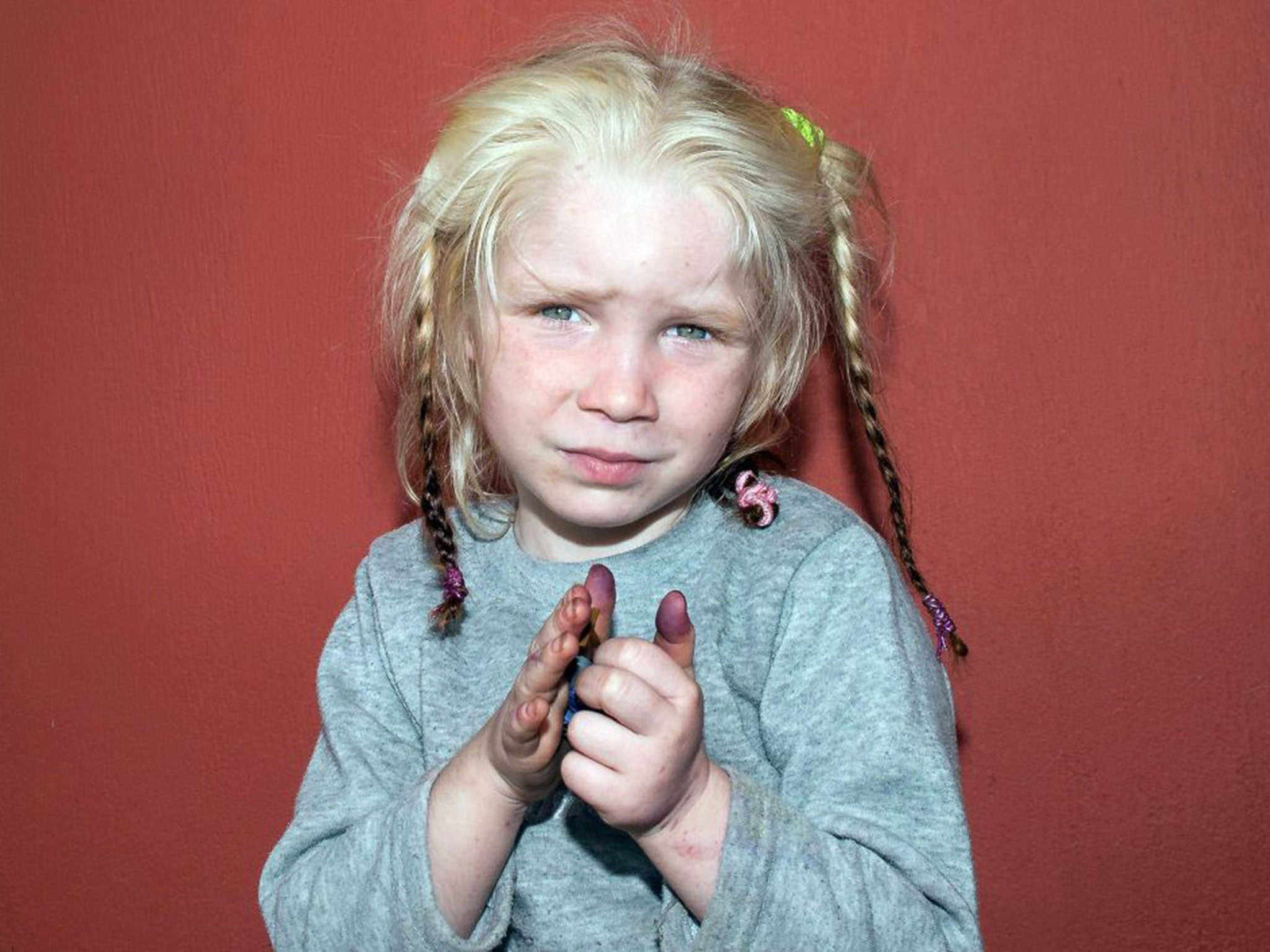Greek charity awarded legal custody of Roma girl Maria

Your support helps us to tell the story
From reproductive rights to climate change to Big Tech, The Independent is on the ground when the story is developing. Whether it's investigating the financials of Elon Musk's pro-Trump PAC or producing our latest documentary, 'The A Word', which shines a light on the American women fighting for reproductive rights, we know how important it is to parse out the facts from the messaging.
At such a critical moment in US history, we need reporters on the ground. Your donation allows us to keep sending journalists to speak to both sides of the story.
The Independent is trusted by Americans across the entire political spectrum. And unlike many other quality news outlets, we choose not to lock Americans out of our reporting and analysis with paywalls. We believe quality journalism should be available to everyone, paid for by those who can afford it.
Your support makes all the difference.A Greek court has ruled that a charity is to get legal custody of a five-year-old girl, Maria, who was taken from a Roma couple that was looking after her.
The Smile of the Child charity, which has been caring for Maria since she was seized by Greek authorities last October, has not officially received the verdict yet. But an official from the organisation confirmed it would look after the child until she became an adult.
The case of Maria, as the girl is known, rose to prominence last year when authorities raided a Roma settlement outside the town of Farsala in central Greece on suspicion that it was harbouring illegal weapons.
A prosecutor noticed that the fair-haired girl bore no resemblance to the couple that claimed to be her parents. The couple, who were arrested on ground of abduction and falsification of documents, claimed Maria was given to them as a baby when her Bulgarian parents could no longer look after her. Their story was later corroborated by Maria’s biological mother, who was traced to a different Roma camp in neighbouring Bulgaria.
“We are available to continue to provide everything that is necessary to ensure her well-being as in every other of the 356 child-cases we are currently handling,” Panagiotis Pardalis, who works for Smile of the Child, told The Independent.
The Greek court removed all guardianship from Eleftheria Dimopoulou and Christos Sali, the Roma couple who were found to be caring for the girl last year.
Since being taken into custody by the Greek authorities, Maria had been living alongside at least another 20 Roma and Greek-speaking children. The child, who now speaks both languages, is set to start nursery school in September. She is involved in sports and other activities under the care of social carers and volunteers, the charity said.
“As every normal child, she plays, talks a lot – she is an outgoing personality,” Mr Pardalis said.
During the Greek court proceedings, representatives from the Bulgarian consulate had argued Maria should be returned and placed in an institution in her country of birth. But the court rejected their request on the grounds that another transfer “would create further insecurity and tension” for the child.
Last October, family and neighbours of the Roma couple told The Independent that Maria was loved and cared for – citing examples of being taken to specialist doctors hours away when the little girl presented eye problems. Maria will be allowed to see the couple who looked after her again only if a Greek court allows it.
She will remain with Smile of the Child until she turns 18, although the possibility exists for her to be adopted. In Greece, the process is laden with bureaucracy and usually takes years to conclude.
“[Maria] is one case out of many that go unnoticed every day; and this is their reality on the ground,” Mr Pardalis said.
Subscribe to Independent Premium to bookmark this article
Want to bookmark your favourite articles and stories to read or reference later? Start your Independent Premium subscription today.
Join our commenting forum
Join thought-provoking conversations, follow other Independent readers and see their replies
Comments